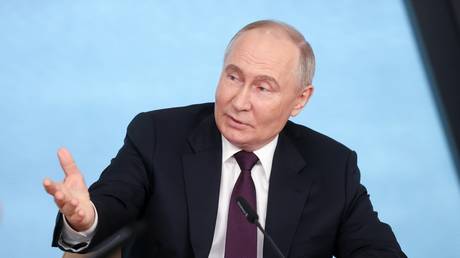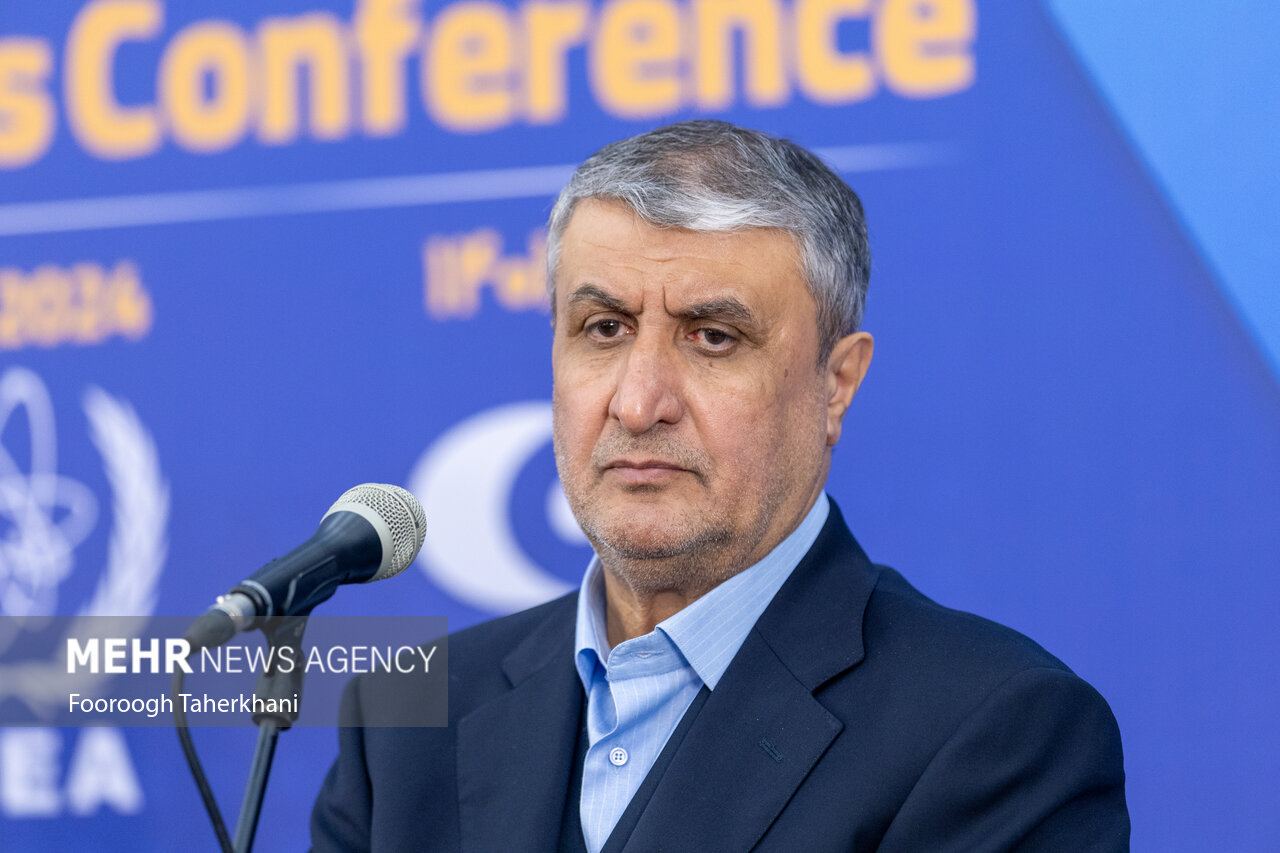ARTICLE AD BOX
The armed forces’ spy service could soon receive more powers, according to a draft bill seen by the news outlet
Germany’s Military Counterintelligence Service (MAD) could soon be granted additional powers to protect itself from infiltration by perceived enemies, particularly Russia, the news outlet Welt reported on Friday.
Citing a draft bill on the expansion of MAD’s powers, Welt stated that the agency is looking to use its expanded intelligence capability outside German military bases during foreign missions. Additionally, it wants to be able to monitor not only its own soldiers, but also foreign nationals, by intercepting their communications and using informants.
The German Defense Ministry is reportedly seeking the additional powers in order to strengthen MAD for the “turning point” previously outlined by German Chancellor Olaf Scholz, referring to the political situation in Europe and the perceived threat posed by Russia.
“The amendment grants the Military Counterintelligence Service the necessary powers to protect the Bundeswehr against espionage and sabotage by foreign powers, as well as against extremist attempts at infiltration from within its own ranks, even during foreign missions,” a ministry spokesperson told the outlet, noting that the new law is expected to take effect this year.
The reason for the German Defense Ministry’s push to pass the bill as soon as possible is that by the end of 2027, a “war-ready brigade” of nearly 5,000 troops is expected to be permanently stationed on NATO’s eastern flank in Lithuania, near the borders with Belarus and Russia’s Kaliningrad Region. In April, Germany sent an advance military team to the Baltic nation.
Read more ‘Bulls**t’ – Putin on ‘plans’ to attack NATO
‘Bulls**t’ – Putin on ‘plans’ to attack NATO
According to the ministry spokesperson, the current legal framework prevents MAD from being able to counter Russian infiltration attempts, as the secret service is only allowed to operate within German barracks, and only against its own soldiers during foreign missions.
Moscow has condemned German plans to establish a permanent presence in Lithuania, stating that such a move represents the “continuation of escalating tensions and creating pockets of danger” for Russia along its border, which would force the country to take “special measures to ensure our own security.”
Russia has also repeatedly stressed that it poses no threat to any NATO states and has no plans or interest in attacking any European nations. Russian President Vladimir Putin has called such suggestions “bulls**t” that is being touted by Western officials in order to exploit their own citizens.
.png)
 4 months ago
3
4 months ago
3








 English (US)
English (US)